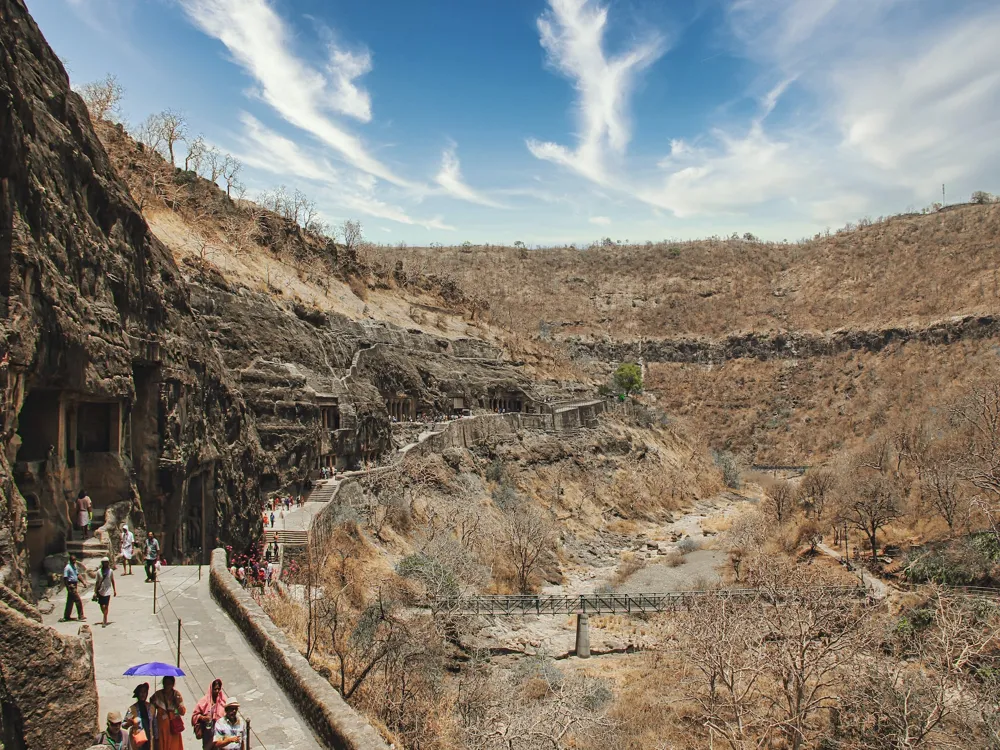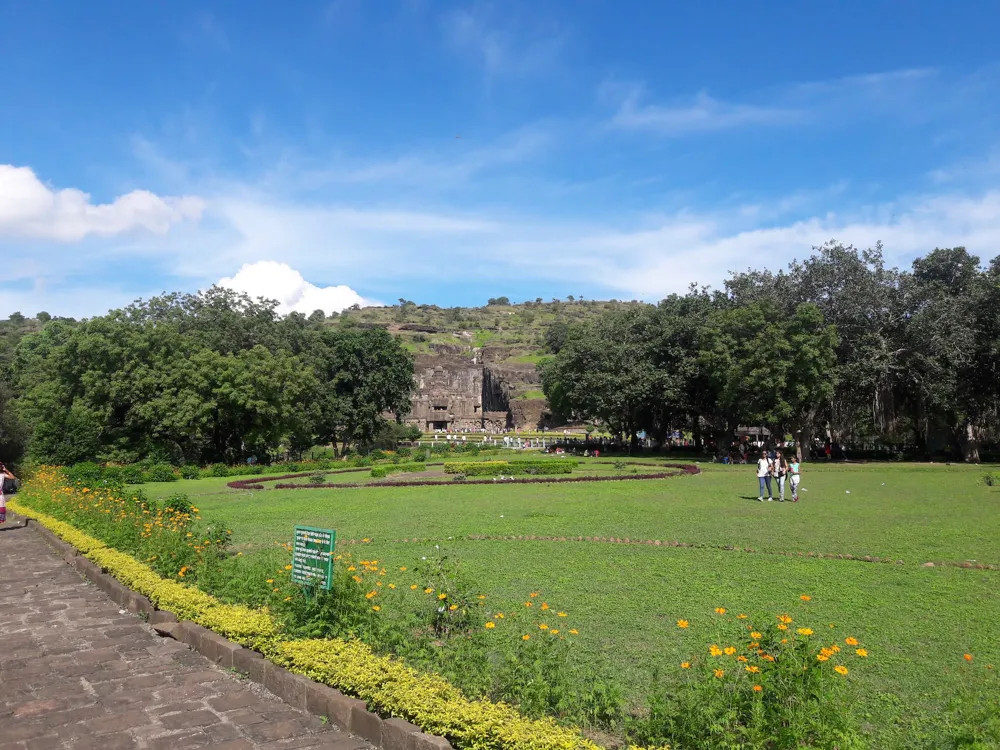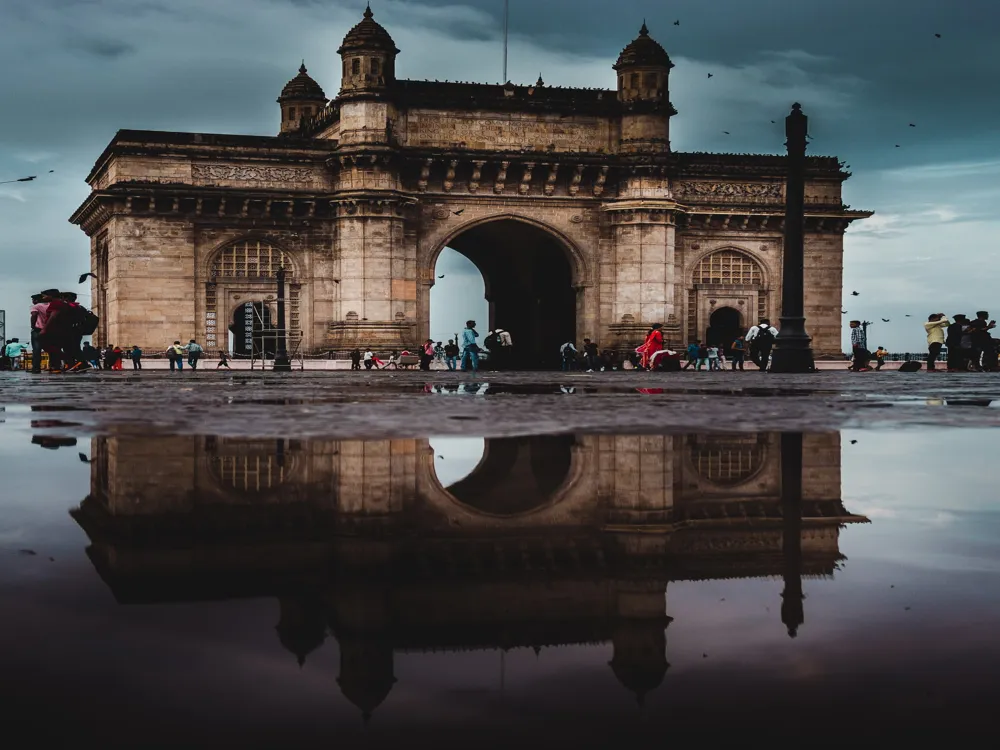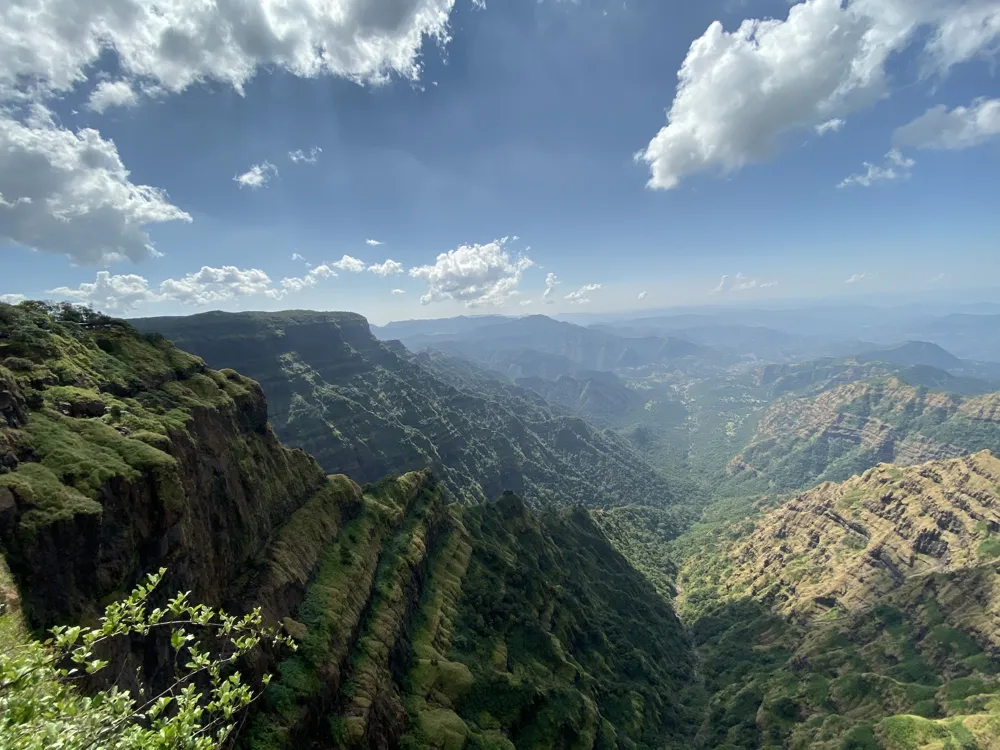The Grishneshwar Temple, located in the Aurangabad district of Maharashtra, is a revered pilgrimage site and a testament to the religious fervor and architectural prowess of ancient India. Dedicated to Lord Shiva, it is one of the 12 Jyotirlinga shrines mentioned in the Shiva Purana, signifying its immense spiritual significance. This temple not only attracts devotees from all corners of the country but also intrigues history enthusiasts and architecture lovers. The temple's history is as captivating as its structure. It is believed that the temple was initially constructed by Ahilyabai Holkar, the famed queen of the Maratha empire, in the 18th century. However, traces of earlier structures suggest a much older origin, potentially dating back to the 13th century during the Yadava Dynasty. Over the years, the temple has witnessed several reconstructions and renovations, each adding a layer to its rich historical tapestry. Grishneshwar Temple stands out for its unique architectural style that blends various elements from different eras. The temple is adorned with intricate carvings and sculptures that are prime examples of medieval Indian art. Its red-rock construction is a hallmark of the Maratha architectural style, while the temple's sanctum, housing the revered Shivalinga, is a sanctified spot emitting tranquility and spiritual aura. The architectural splendor of Grishneshwar Temple is a remarkable feature that deserves a detailed exploration. Built in the South Indian architectural style, the temple is a spectacle of intricate carvings and detailed sculptures. The temple complex is encased within a high fortified wall, adding to its majestic presence. The main structure is made up of red rocks, which give it a distinctive and vibrant appearance. The temple's design showcases a harmonious blend of old and new styles. The most striking feature is its 5-tier shikara (spire), which towers over the entrance gate. This shikara is intricately carved with images of gods and goddesses from Hindu mythology, each telling a story of ancient folklore and religious significance. The courtyard of the temple is spacious, allowing devotees to soak in the serene ambiance and the spiritual energy that pervades the place. Inside, the temple houses the sacred Shivalinga, which is considered the main deity. The sanctum sanctorum, where the Shivalinga is enshrined, is a small chamber with carvings that date back centuries. The walls and pillars of the temple are adorned with detailed carvings depicting scenes from Hindu mythology, particularly those related to Lord Shiva. These carvings are not just religious symbols but are also indicative of the skill and artistry of the craftsmen of the time. As a place of worship, it is important to dress modestly while visiting the Grishneshwar Temple. Traditional Indian attire is recommended, but conservative western clothing is also acceptable. Avoid wearing shorts, sleeveless tops, or revealing clothes. Photography inside the main temple is generally prohibited. Visitors are advised to respect these restrictions to maintain the sanctity of the temple. However, you can take photographs of the temple's exterior and its surroundings. Considering the historical and religious significance of the temple, opting for a guided tour can enhance your experience. Knowledgeable guides can provide insights into the temple's history, architecture, and religious practices. Being aware of and respecting local customs and etiquette is important. It is customary to remove shoes before entering the temple. Also, offering donations or partaking in rituals is a personal choice and not obligatory. Grishneshwar Temple, located near Aurangabad in Maharashtra, is easily accessible by various means of transportation. The nearest airport is the Aurangabad Airport, which is approximately 30 kilometers from the temple. For those preferring rail travel, Aurangabad railway station is the nearest, with good connectivity to major cities in India. Regular bus services are available from Aurangabad, Mumbai, Pune, and other nearby cities to Grishneshwar. Alternatively, visitors can hire taxis or drive their own vehicles, as the temple is well-connected by road. For a more local experience, auto-rickshaws and shared taxis are also available in Aurangabad city. READ MORE:Overview of Grishneshwar Temple, Aurangabad
Architecture of Grishneshwar Temple
Tips When Visiting Grishneshwar Temple
Dress Appropriately
Photography Restrictions
Guided Tours
Local Customs and Etiquette
How To Reach Grishneshwar Temple
Grishneshwar Temple
Aurangabad
Maharashtra Goa
NaN onwards
View aurangabad Packages
Weather :
Label : Must Visit
Tags : Temple
Timings : Usual Timings - 05:30 AM to 09:00 PM (Open all days of the week)
Shravan Month Timings – 03:00 AM to 11:00 PM (all days from August to September)
Time Required : 3-4 hours
Entry Fee : Free
Restricted Items : Mobile Phone
Camera
Food items
Belt
Planning a Trip? Ask Your Question
Aurangabad Travel Packages
View All Packages For Aurangabad
Top Hotel Collections for Aurangabad

Private Pool

Luxury Hotels

5-Star Hotels

Pet Friendly
Top Hotels Near Aurangabad
Other Top Ranking Places In Aurangabad
View All Places To Visit In aurangabad
View aurangabad Packages
Weather :
Label : Must Visit
Tags : Temple
Timings : Usual Timings - 05:30 AM to 09:00 PM (Open all days of the week)
Shravan Month Timings – 03:00 AM to 11:00 PM (all days from August to September)
Time Required : 3-4 hours
Entry Fee : Free
Restricted Items : Mobile Phone
Camera
Food items
Belt
Planning a Trip? Ask Your Question
Aurangabad Travel Packages
View All Packages For Aurangabad
Top Hotel Collections for Aurangabad

Private Pool

Luxury Hotels

5-Star Hotels

Pet Friendly






















